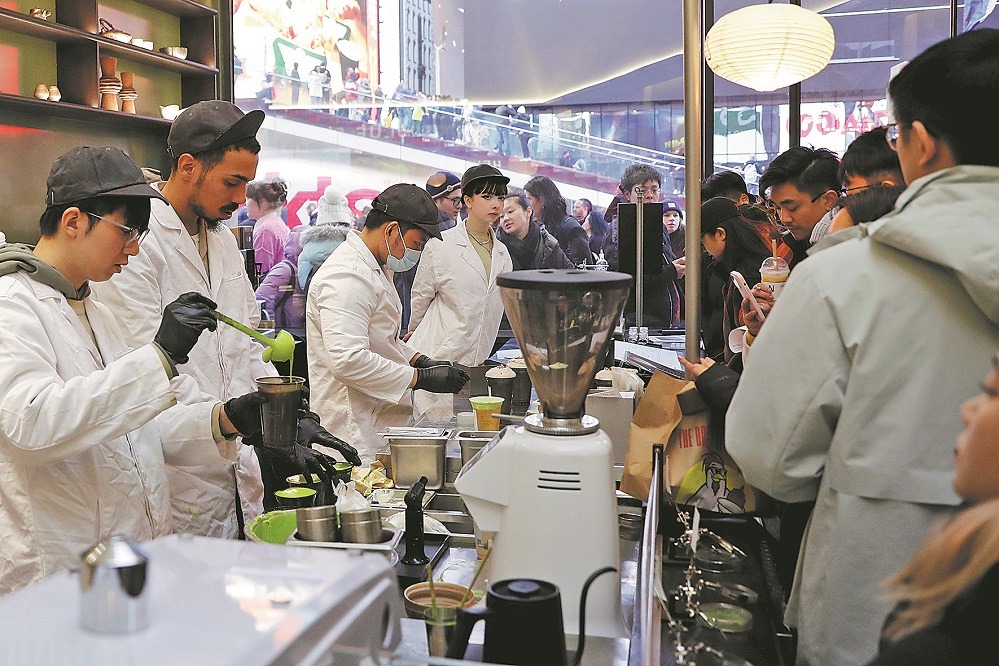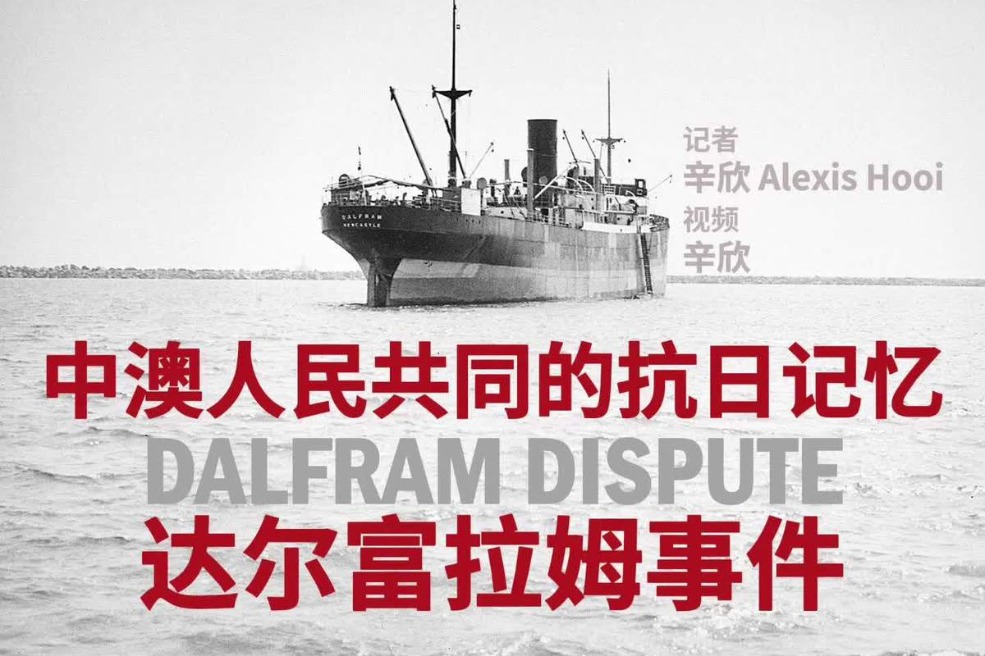ASEAN Durian Festival in Beijing highlights growing trade and cultural ties with China

The 2025 ASEAN-China Durian Festival opened in Beijing on Saturday, showcasing the region's prized "king of fruits" and underscoring deepening economic and cultural exchanges.
Held at the ASEAN-China Center (ACC), the event featured vibrant cultural performances, durian tastings, and trade promotion booths from multiple Southeast Asian nations, including Thailand, Vietnam and Malaysia. It marked the first such festival since the ASEAN-China Free Trade Area established.
China has always been one of the most important markets for durian exports from ASEAN countries.
According to last year's official Chinese customs data and industry reports, China imported $6.99 billion worth of durian, with more than 99 percent of China's durian imports coming from ASEAN countries. Thailand supplied more than half of China's durian imports by volume and value, exporting 809,700 tons, worth $4.02 billion. Vietnam captured 46.7 percent of the import volume with relatively lower prices. Malaysia occupies a tiny role in this market, with less than 0.5 percent of the proportion, while seeing a significant rise since 2024.
"I acknowledge the fact that, for Thai and Vietnamese durian, they came in big numbers into China," said Norfarina Mohd Azmee, deputy chief of mission in Malaysia's embassy in China. "But for us, because we want to maintain the uniqueness and also the premium exclusivity, that's why I think for now, it is what we are offering to China."

With the full implementation of the Regional Comprehensive Economic Partnership (RCEP), and from jointly building the Belt and Road Initiative to forging an ASEAN-China community with a shared future, China and ASEAN countries have forged deep economic and trade relations and achieved fruitful results.
"China has been ASEAN's largest trading partner for 16 consecutive years. In 2024, bilateral trade reached 6.99 trillion yuan ($972.37 billion), with agricultural products accounting for nearly 10 percent, and continuing to grow steadily," Shi Zhongjun, ACC secretary general, said in his opening remarks at the festival.

This close cooperation is also good news for Malaysia – although it accounts for a small proportion of the market, the country may yet emerge as a dark horse in exporting premium durian to China. Prior to 2024, roughly less than 1,000 tons of frozen durian products of Malaysia were exported to China, mostly via sea freight channels. In August 2024, China approved fresh durian imports from Malaysia to coincide with the 50th anniversary of the establishment of bilateral relations, marking a policy milestone in the durian trade between the two countries. Meanwhile, the supply chain and logistics have been improving, with 10,000-acre estates targeting Chinese buyers being founded. Airfreight routes such as Kuala Lumpur–Zhengzhou have enabled 48-hour delivery, leading to a surge of fresh durian exports amounting to $5.71 million by the end of 2024, according to data from China Customs.

Premium positioning might be one reason for the surge in consumption. At Saturday's festival, Azmee talked up the unique nature of Malaysian durian, "To cultivate a durian tree, actually, it takes 10 to 15 years with innovation and technology, and also depends on the right climate," she said.
"Durian harvesting is a very labor-intensive process, and it requires skills and good practices. We practice tree-ripened harvesting, we do not harvest them while they are still on the tree."
Sophisticated cultivation and labor-intensive harvesting techniques maintain the premium quality of Malaysian durians. Take the Musang King, for example, sold at $109/kg (783 yuan/kg) in China. Though pricey, the uniqueness and exclusivity still appeal to many quality-conscious consumers.
"Certainly, we are going to increase the number of durians that we want to export to China, but preserving or maintaining quality control and branding is the most necessary," Azmee added.
"Trade relations can transcend to other areas, you know, through durian. We have other cooperation in education, technology, culture, heritage, people-to-people exchanges. It's an important tool that binds or brings the people of different nations together."

































